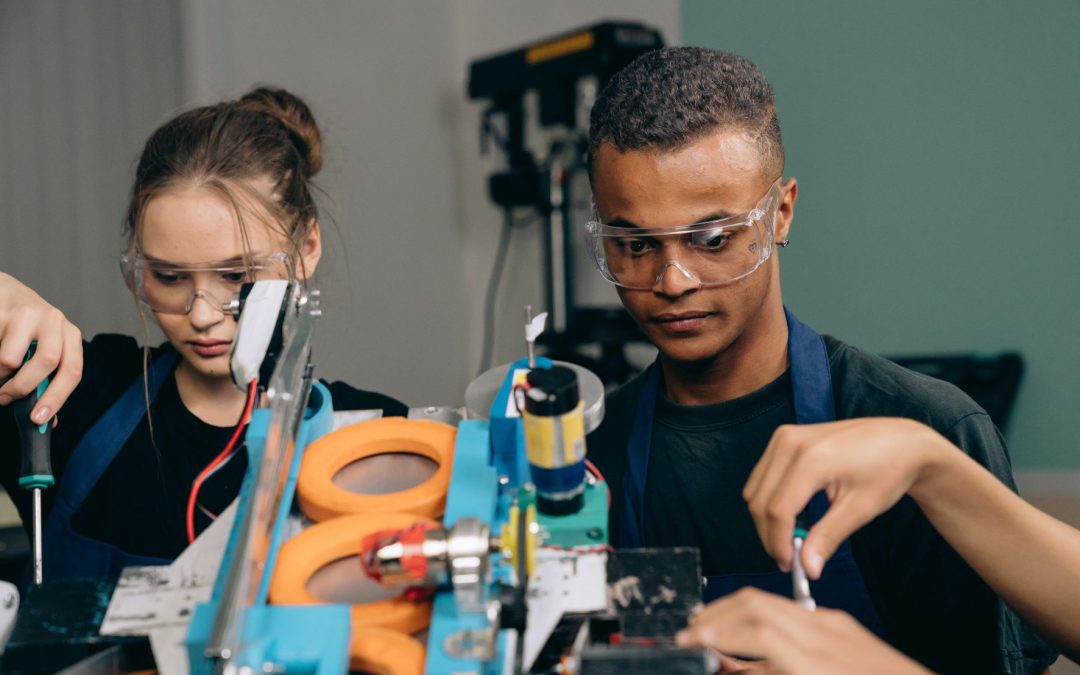Engaging youth as nation-builders can be a crucial strategy whether a nation is brand-new or thousands of years old.
It is a given fact that the youth of any country is a great asset. They are indeed the country’s future and represent it at any level. The youth’s role in nation-building is more vital than one might think. In other words, the work and intelligence of the youth will take the nation on the pathway to success. As every citizen is equally responsible, the youth is too. They are considered the building blocks of a nation.
Role of Youth
Youth is vital because they will be the future. Today they might be the nation’s partners; tomorrow, they will become leaders. The youths are very energetic and enthusiastic. They can adapt and learn to the environment. Similarly, they are willing to act and learn on it to achieve their goals.
Our youth can bring social reform and improvement to society. We must make do with the youth of a country. Furthermore, the nation requires their participation to achieve the goals and help progress the country. Below are how youth can participate in nation-building.
Youth as Policy Makers — Engaging youth as policy-makers can transform national identity, belonging, and purpose in powerfully engaging ways for young people and adults. Given opportunities to be elected to office, serve in governmental roles, and conduct official business, children and youth can become substantive nation-builders whose functions ensure relevance, effectiveness, and sustainability.
Youth participation in policy-making is an action-oriented process involving young people in initiatives, decisions, and institutions and affording them control over resources that have affected their lives. Youth participation includes efforts by young individuals to organize around issues of their choice, by adults to involve young individuals in community agencies, and by adults and youth to join together in intergenerational partnerships.
Youth-Led Programs — Youth-led action focused on nation-building can include educational, social, cultural, and political engagement that helps people of all ages learn, grow and become active citizens. Youth-led programs start with educational opportunities for children and youth that deliberately move them from being passive recipients of adult-led programs towards becoming self-led. Doing this can support long-term commitment and significant outcomes.
In addition, these are opportunities created by individuals and organizations where youth lead planning, decision-making, facilitation, reflection, and evaluation on issues that matter to them, using actions they want to use. Through youth/adult partnerships, adults can act in supportive, engaging ways. However, youth always maintain the lead, direction, and authority.
Youth as Advocates — When adults won’t ally with children and youth, or when youth voice is denied throughout government organizations, youth as advocates can shift opinions, attitudes, and cultures. Rallying their families, peers, and communities, youth can lead protests, develop research projects, teach nation-building, evaluate current efforts and proposals, and demand youth involvement in decision-making.
It takes action throughout our communities and society already. When this is deliberately created as a strategy for social change, the world can change together.
The Soul Of Adolescence Aligns With The Heart Of Democracy narrates the participation of the youth in social justice and civic reform in Alfred Kurkland’s book. This book is part memoir, incorporating the author’s personal experiences which align with those of the people he serves, and an exploration of his path undertaken through stages of learning and leading for three decades. It is also a roadmap and a manifesto making an argument that to understand and effectively work with teens, we need to treat them not as problems to be solved but as problem solvers for issues we share.
In Summary
The lyrics from the famous song “Cardigan,” which goes, “When you are young, they assume you know nothing,” by Taylor Swift, demonstrate how society perceives today’s young generation. However, a quotation by Jane Goodall states that “if young people are empowered and informed, when they realize that what they do indeed makes a difference, they can indeed change the world.” It can be claimed that young individuals have the power to change the world into a better place when they understand and use their potential.
Youth have the power to build a nation, so you must give them the opportunity. Youths are the future of every country and must have the perspective the older generations lack. The youth’s zeal and enthusiasm must be appropriately channelized to help a nation prosper and flourish.


Recent Comments